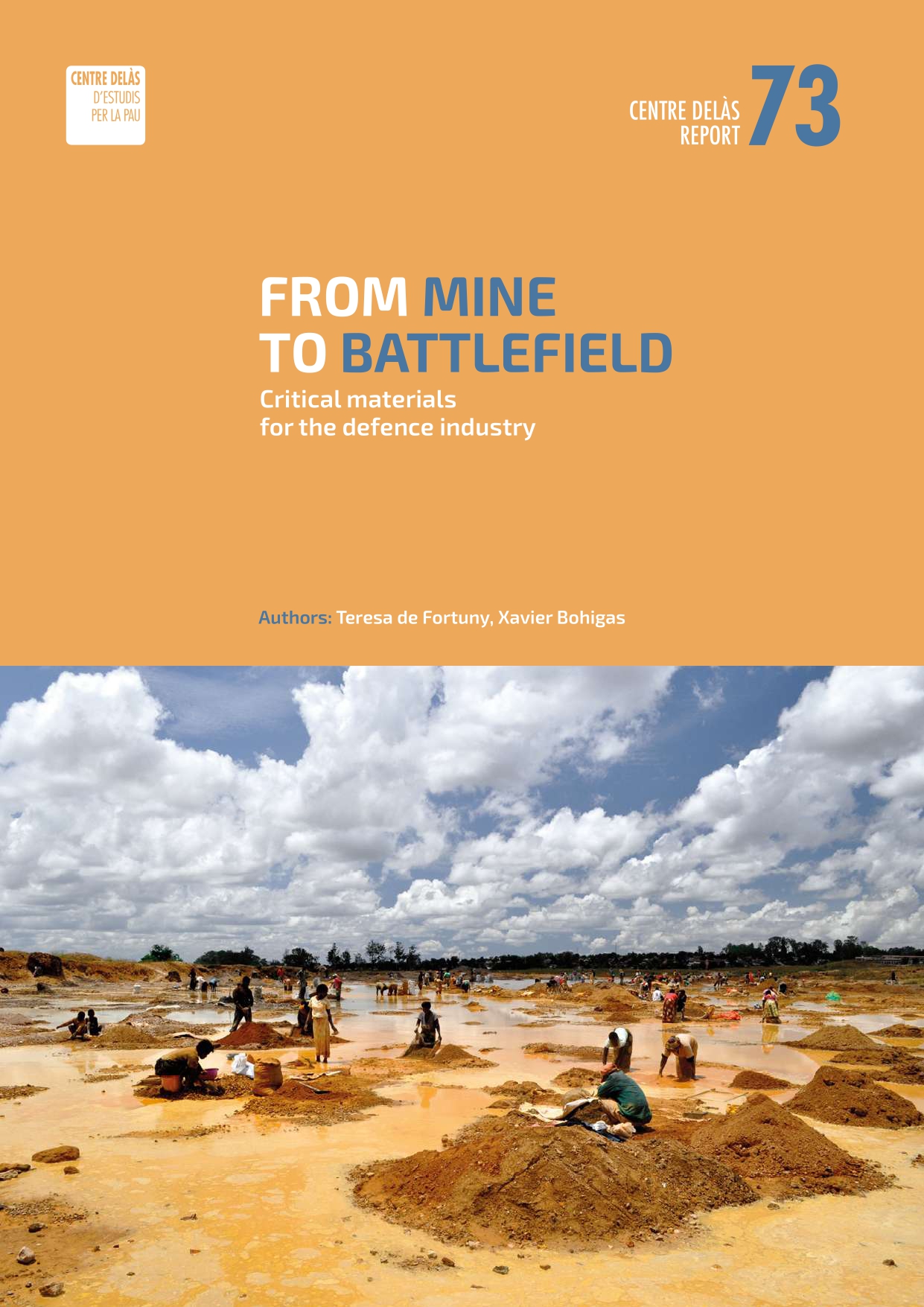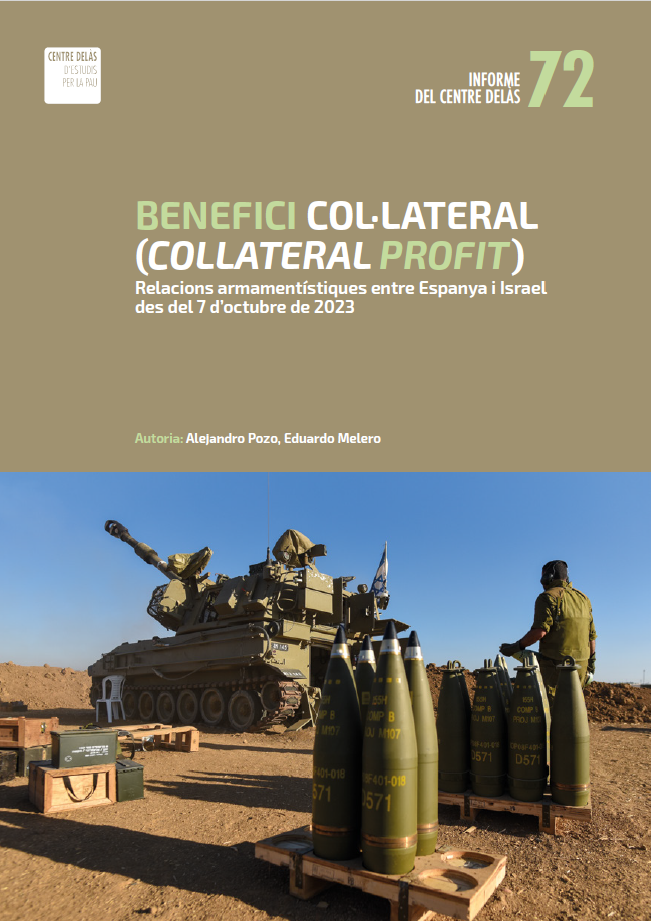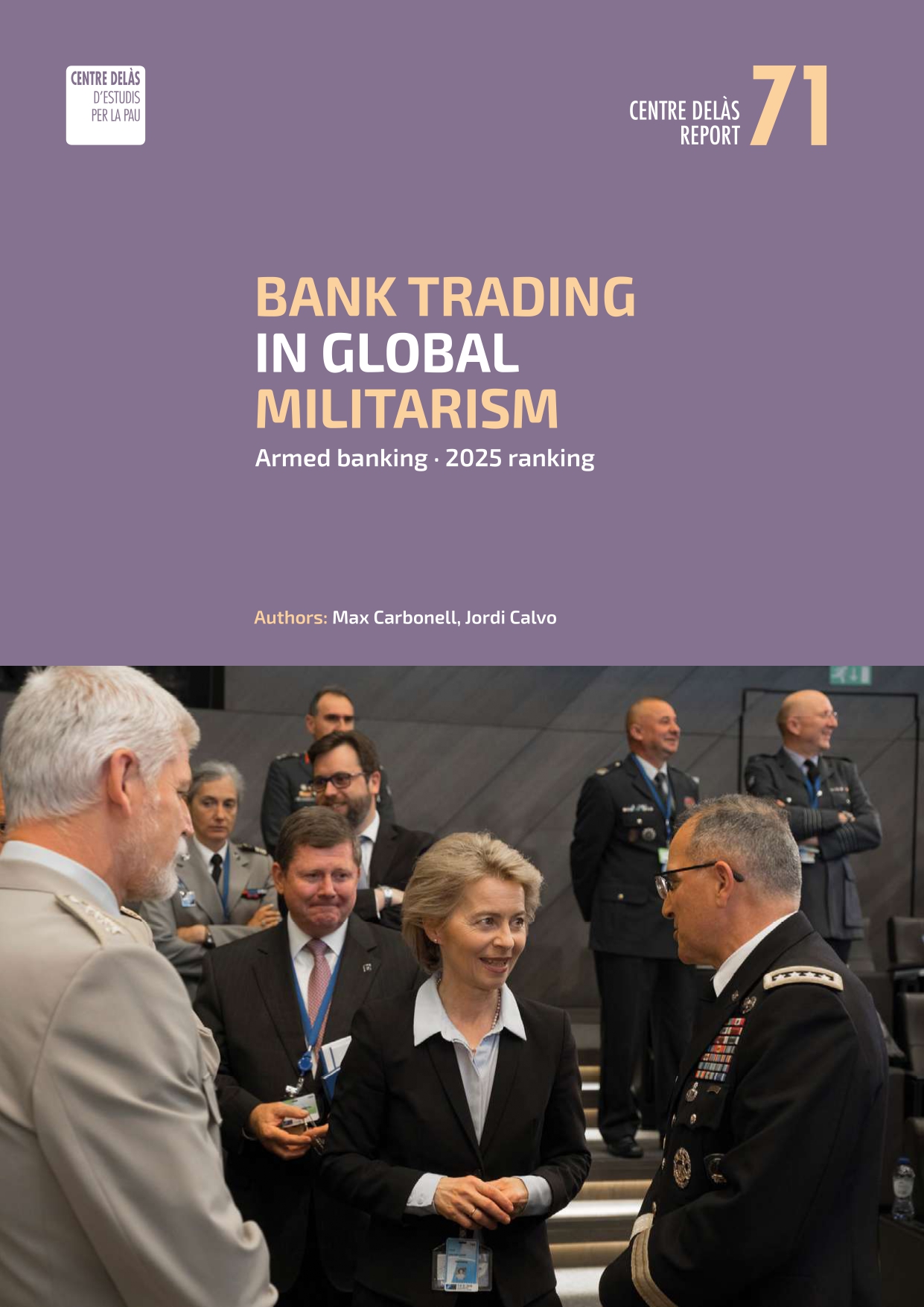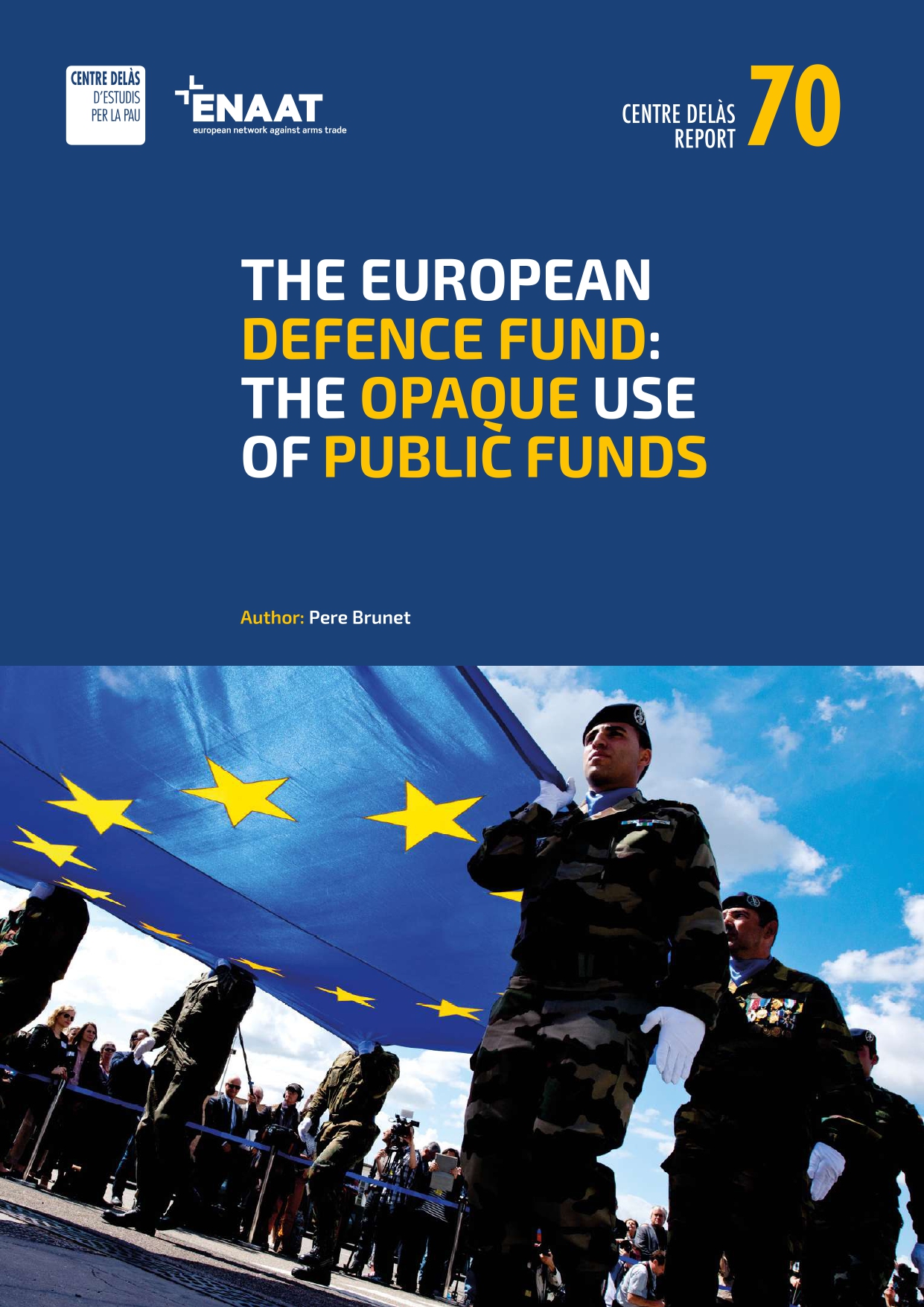Press release from the Delàs Centre – “Spain must no longer allow the sale of arms to Saudi Arabia”
Today the Saudi heir arrived in Madrid to be received by the president of the government Mariano Rajoy and King Felipe VI. There is nothing innocent about the visit, as it is expected to unblock the sale of five corvettes built by the state-owned company – and supported in extremis with public funds – Navantia to the sultanate. Valued at some 2,000 million euros, this would be Navantia’s largest operation abroad.
In case there was any doubt about what the main objective of the visit is, Mohamed Bin Salman has been received by the Minister of Defense, Maria Dolores de Cospedal, with whom he will meet tomorrow at the Army Headquarters.
These five corvettes will increase the figures for Spanish arms exports to Saudi Arabia, which between 2015 and June 2017 reached a value of 728.5 million euros, according to data from the Secretary of State for Trade. Most of these exports were made in 2015, when Riyadh began its military intervention in Yemen, as stated in the report “Arms trade and conflicts. Analysis of European exports to countries in tension”, recently published by the Delàs Centre for Peace Studies and the UAB’s Escola de Cultura de Pau.
Saudi Arabia is a paradigmatic case that European weapons not only fuel conflicts through the sale of arms to countries directly involved in war, but also through the supply of states that actively participate in military offensives and whose weapons end up in the hands of the conflict’s contenders. In the case of the intervention in Yemen, the work of the Saudi Arabian-led coalition, both sides in the dispute have been repeatedly accused of attacking civilian targets, including schools, hospitals, mosques and ports, and of committing war crimes. All of this is even more serious if we take into account the fact that – as we already denounced in this report – indications have been detected of access by Yemeni Huti armed groups to weapons of Spanish origin sold in the past to Saudi Arabia, including grenade launchers and hand grenades manufactured by Instalaza, and that Saudi Arabia itself has recognized the use of cluster bombs, a type of weaponry that is currently prohibited, according to the 2008 International Cluster Bombs Treaty, which was joined by 120 countries, including none of the members of the military coalition led by Riyadh.
This fact, which would violate Common Position 2008/944/CFSP on arms exports, as well as Spanish legislation, has already led the European Parliament to express its concern at the beginning of 2016 about the actions that the Saudi Arabian-led coalition was carrying out and is carrying out in Yemen.
We at the Delàs Centre are very concerned that the sale of arms to Saudi Arabia is not only not prohibited or suspended by Spain, as other European states such as Sweden or, more recently, Germany have done, but that it is not even limited, considering the obvious risk that these corvettes will be used in the naval blockade of Yemen, and therefore that this military equipment will be used to aggravate the violations of humanitarian law in this country, in the context of a war that has already caused more than 10. 000 dead and the displacement of more than 3 million people, and where more than 20 million people need emergency humanitarian aid according to the UN.
For more information, you can consult the following reports:

Saudi Arabia and bombings in Yemen: the responsibilities of the Spanish State, informe del Centre Delàs d’Estudis per la Pau, 2016.

“Comercio de armas y conflictos. Análisis de las exportaciones europeas a países en conflicto armado”, informe del Centre Delàs d’Estudis per la Pau i la Escola de Cultura de Pau de la UAB, 2017.




